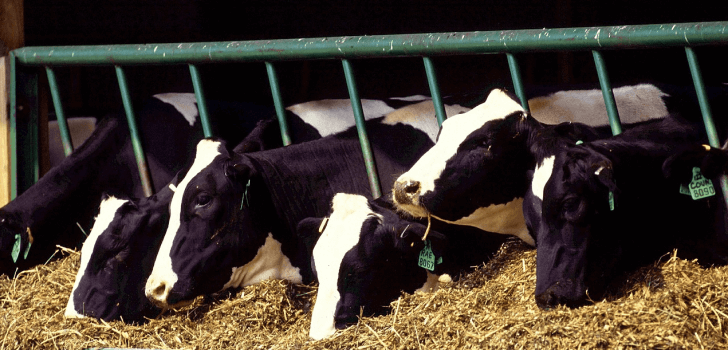The world’s largest animal cloning “factory” will be in full production within the first six months of 2016 according to its major financial investor.
The commercial animal cloning center being built in the northern Chinese city of Tianjin, is 80 percent complete. It is a joint venture between Peking University’s Institute of Molecular Medicine, Sinica, the Tianjin International Joint Academy of Biomedicine and South Korea’s Sooam Biotech Research Foundation.
Sinica is a subsidiary of Wuxi-based Boyalife Group, which focuses on stem cell and regenerative medicine research.
The chairman of Boyalife, Xu Xiaochun, says his company’s first phase of financial investment is worth $34 million, and its total investment when the center is at full capacity could reach $1 billion.
Xu says the center will clone high-quality animal breeds on a large scale, including high-grade beef cattle, sniffer dogs, and racehorses.
South Korea’s Sooam research foundation,will provide most of the technologies needed while China will provide all of the funding and some technology research.
Xu says, “Our Chinese side has some basis for cloning technologies because Boyalife’s stem cell technologies have some overlaps with cloning technologies.”
He says as the technology of plant cloning on a large-scale commercial basis matures, it is time for animal cloning to be commercialized.
“When the efficiency of cloning is low and the rate of success is not high, cloning can only be seen as a lab technology and hard to be put into industrial production, but animal cloning technology nowadays is different from 20 years ago and it’s ready for commercialization,” says Xu.
He says the Tianjin centre will produce 100,000 cattle embryos a year in the planned first phase before expanding annual output to one million in the second.
“To be precise, what we want to become is the world’s biggest animal cloning factory.” Xu says
Stay Connected